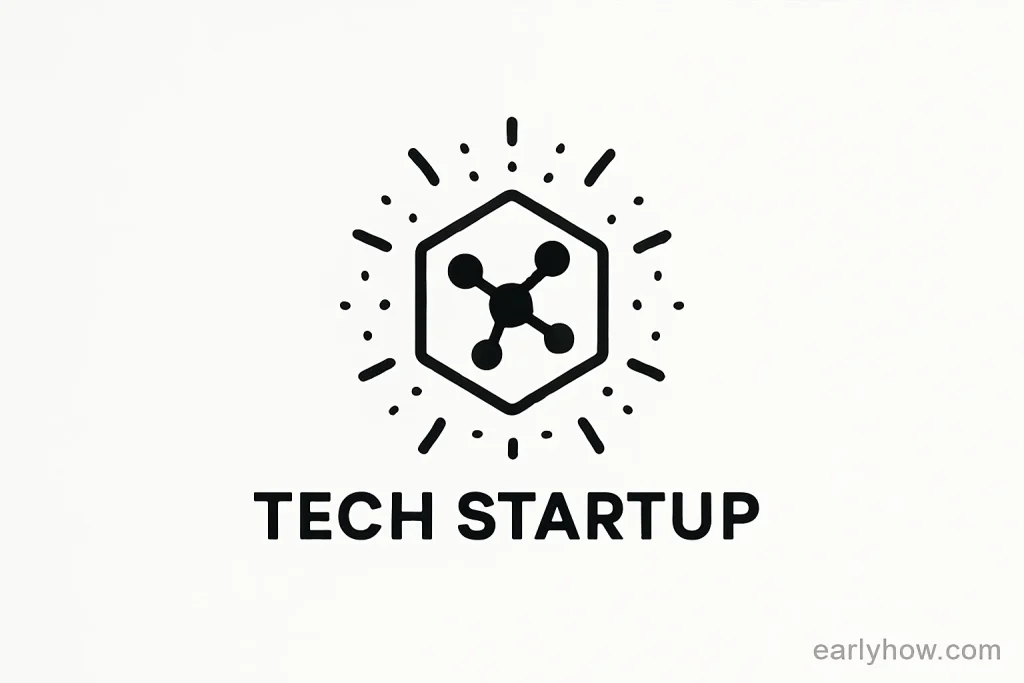Periodic Labs Launches With $300M to Build AI Tools and Robotic Labs for Science
A new AI startup is on a mission to automate scientific discovery—armed with $300 million and some of the biggest names in tech.
Periodic Labs, co-founded by former OpenAI and Google DeepMind researchers and backed by Andreessen Horowitz, Jeff Bezos, and Eric Schmidt, aims to build advanced AI models and robotic tools to transform how materials science and chemistry are done.
Curious how other AI labs are building tools for automation, coding, and content generation?
Browse the top AI tools → earlyhow.com/tools
What Makes Periodic Labs Different
The company believes we’ve already trained the internet’s best AI models, but the physical world—chemistry labs, materials science, experimental research—is still stuck in the past.
Periodic Labs wants to change that by:
- Creating AI models that simulate lab work like reactions and compound interactions
- Building robotic platforms that can test, record, and improve lab experiments automatically
- Using AI to guide decisions in real time, closing the loop between theory and lab results
Their long-term goal is to build “self-driving science infrastructure”—where human scientists design goals, and AI-guided robots carry out the experiments to discover new materials, processes, or drugs.
Why Now?
According to OpenAI’s Chief Scientist, the world is facing both a “tooling gap” and a “model-data bottleneck” for physical sciences.
While AI has made massive leaps in text, images, and code, it hasn’t yet solved the problems of:
- Modeling physical chemistry
- Interpreting noisy lab data
- Scaling up high-throughput scientific research
Periodic Labs believes the missing piece is active experimentation, not just better AI models. They’re betting that combining robotics with AI model training could rapidly accelerate breakthroughs in everything from energy storage to drug development.
AI Meets the Lab Bench
Think of it like this: instead of training AI on internet data, Periodic Labs will train models using real lab experiments, measured outcomes, and physical trials.
It’s the reverse of how most AI companies work. But with $300M in backing, they have the resources to try.
Early partnerships are expected with chip manufacturers, pharma companies, and research universities, where AI can help with:
- Materials discovery
- Biochemical modeling
- Process optimization at scale
Final Thoughts
With so much investment moving toward practical AI infrastructure, Periodic Labs could become a leader in bringing automation to the lab bench.
The startup joins a growing list of AI companies building “real-world” tools—bridging the gap between large models and physical results.
Do you think science labs should rely on AI to drive discovery?
Can AI + robotics solve bottlenecks in chemistry and biology?
Share your thoughts in the comments—we want to hear your take.
Keep following EarlyHow.com for deeper dives into AI research tools, robotics, and scientific innovation.



